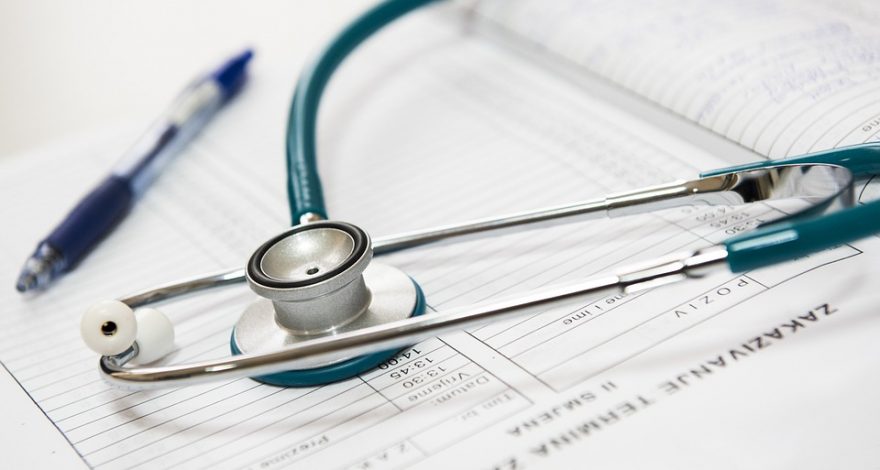If you’re applying for U.S. permanent residency (a green card) or certain other immigration benefits, one important step in the process is the USCIS medical exam. This exam is required by the United States Citizenship and Immigration Services (USCIS) to ensure that applicants meet the health standards set by the government.
What Is the USCIS Medical Exam?
The USCIS medical exam is a comprehensive health evaluation performed by a USCIS-approved civil surgeon or panel physician. Its primary goal is to assess whether an applicant has any medical conditions that could pose a public health risk or make them inadmissible to the U.S.
This exam includes a physical examination, a review of medical history, required vaccinations, and certain laboratory tests.
Who Needs to Take the USCIS Medical Exam?
Most applicants applying for:
- Adjustment of status (green card)
- Certain types of immigrant visas
- Some humanitarian or refugee statuses
must complete the USCIS medical exam. It’s a mandatory requirement designed to protect public health and ensure that immigrants do not have contagious diseases or serious health conditions that might burden the healthcare system.
What Does the USCIS Medical Exam Include?
The exam is thorough and covers multiple areas of health:
1. Medical History Review
The civil surgeon will ask about your personal and family medical history, including:
- Past illnesses and surgeries
- Vaccination history
- Current medications
- Any symptoms or chronic conditions
This helps identify any health concerns or risks.
2. Physical Examination
A complete physical exam will be conducted, assessing:
- Vital signs (blood pressure, pulse, temperature)
- Heart and lung function
- Eyes, ears, nose, throat
- Skin conditions
- Abdomen and lymph nodes
- Neurological and musculoskeletal system
The doctor checks for signs of communicable diseases or other health issues.
3. Vaccinations
USCIS requires certain vaccinations to be up to date. These typically include:
- Measles, mumps, and rubella (MMR)
- Polio
- Tetanus and diphtheria
- Pertussis (whooping cough)
- Influenza (seasonal)
- Varicella (chickenpox)
- Hepatitis B
- COVID-19 (if applicable)
If you haven’t had these vaccines or your records are incomplete, the doctor will administer them during the exam or advise a schedule to complete them.
4. Laboratory Tests
To rule out specific diseases, the exam includes:
- Tuberculosis (TB) test — either a skin test (PPD) or blood test (IGRA)
- Blood tests for syphilis and sometimes gonorrhea
- Additional tests if indicated by medical history
These tests ensure that applicants do not carry infectious diseases that could threaten public health.
How to Prepare for the USCIS Medical Exam
Proper preparation can help the exam go smoothly and reduce stress.
- Bring your vaccination records and medical history – This helps the civil surgeon verify what vaccines you need.
- List any medications or supplements you currently take.
- Wear comfortable clothing that allows easy access for the physical exam.
- Avoid caffeine or heavy meals right before the exam if you feel it might affect your blood pressure or comfort.
- Bring a valid ID and any USCIS paperwork the doctor may need to fill out.
If you have any chronic conditions or special health concerns, be prepared to discuss them openly with the doctor.
What Happens After the Exam?
After your exam, the civil surgeon will complete Form I-693, Report of Medical Examination, and Vaccination Record. This form is sealed in an envelope for you to submit to USCIS as part of your application.
Make sure to keep the envelope unopened until submission, as USCIS requires it in a sealed condition.
If any additional treatment, follow-up, or vaccinations are required, the doctor will explain the next steps.
Tips for a Successful USCIS Medical Exam
- Schedule your exam well in advance to allow time for vaccinations or additional tests if necessary.
- Keep a copy of all medical records and vaccination documents.
- Follow the civil surgeon’s advice regarding vaccines and treatments.
- Be honest and thorough when discussing your health history.
Conclusion
The USCIS medical exam is a vital step in the immigration process that protects public health and ensures applicants meet health requirements. Knowing what to expect and how to prepare can ease your worries and help the process go smoothly.


















